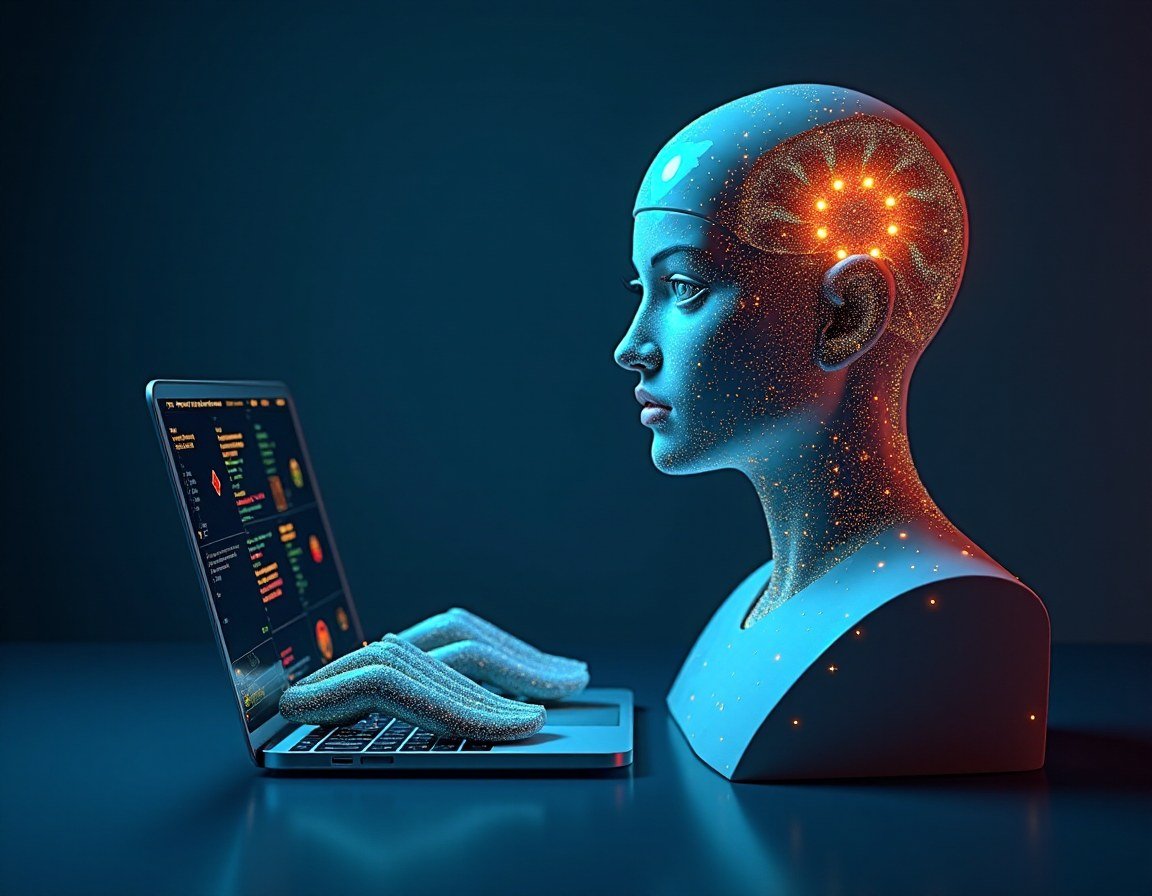The Future of Personalized Marketing: How AI is Revolutionizing Customer Engagement

Are You Leaving Money on the Table? Discover How AI-Powered Marketing Strategies Can Boost Your Sales by Up to 300% and Revolutionize the Way You Reach Your Customers. As artificial intelligence continues to transform everyday life, businesses are now leveraging AI-powered marketing strategies to stay ahead of the competition and drive growth in an increasingly digital landscape. In this article, we’ll delve into the world of AI-Powered Marketing Strategies, exploring how these cutting-edge techniques can help you tap into new revenue streams, enhance customer experiences, and make data-driven decisions that fuel business success. From personalized advertising to predictive analytics, we’ll break down the key components of AI-powered marketing and provide actionable tips on how to implement them in your own marketing mix. Whether you’re a seasoned marketer or just starting out, this comprehensive guide will equip you with the knowledge and insights needed to harness the full potential of AI-Powered Marketing Strategies and propel your business towards unprecedented success.
Understanding AI-Powered Marketing Strategies
In today’s fast-paced digital world, AI-powered marketing strategies are becoming indispensable tools for businesses aiming to enhance their customer engagement and drive growth. These strategies leverage the power of artificial intelligence to analyze vast amounts of data, predict consumer behavior, and deliver highly personalized marketing messages. By integrating AI into your marketing efforts, you can achieve a level of precision and efficiency that was previously unimaginable.
What is “AI-Powered Marketing Strategies”?
AI-powered marketing strategies refer to the use of artificial intelligence technologies to optimize and automate various marketing tasks, such as customer segmentation, content creation, and campaign management. These strategies enable businesses to deliver personalized experiences and make data-driven decisions.
The Key Components of AI-Powered Marketing
To fully understand the impact of AI-powered marketing strategies, it’s essential to break down their key components:
- Personalized Advertising: AI algorithms analyze user data to create highly targeted ads that resonate with individual preferences and behaviors.
- Predictive Analytics: By analyzing historical data, AI can predict future trends and consumer behaviors, allowing businesses to make proactive decisions.
- Chatbots and Virtual Assistants: AI-powered chatbots provide instant customer support and personalized recommendations, enhancing the overall customer experience.
- Content Generation: AI tools can generate high-quality content, such as blog posts and social media updates, tailored to specific audiences.
- Customer Segmentation: AI can segment customers based on various criteria, enabling businesses to target specific groups with relevant messages.
How AI is Transforming Customer Engagement
One of the most significant benefits of AI-powered marketing strategies is their ability to transform customer engagement. By leveraging AI, businesses can create more meaningful and personalized interactions with their customers. Here are some ways AI is revolutionizing customer engagement:
- Real-Time Personalization: AI can analyze customer data in real-time to deliver personalized content and offers, enhancing the overall customer experience.
- Enhanced Customer Support: AI-powered chatbots provide instant support, answering customer queries and resolving issues promptly.
- Predictive Recommendations: AI algorithms can predict customer preferences and recommend products or services that align with their interests.
- Automated Campaigns: AI can automate marketing campaigns, ensuring that the right message reaches the right audience at the right time.
Implementing AI-Powered Marketing Strategies in Your Business
Implementing AI-powered marketing strategies in your business can seem daunting, but with the right approach, it can be a seamless process. Here are some actionable tips to help you get started:
- Define Your Goals: Clearly outline your marketing objectives and how AI can help you achieve them.
- Choose the Right Tools: Select AI tools and platforms that align with your business needs and goals.
- Integrate AI with Existing Systems: Ensure that your AI tools can seamlessly integrate with your existing marketing systems and processes.
- Train Your Team: Provide training and resources to help your team understand and effectively use AI-powered marketing tools.
- Monitor and Optimize: Continuously monitor the performance of your AI-powered marketing strategies and make necessary adjustments to optimize results.
Case Studies: Success Stories of AI-Powered Marketing
To illustrate the impact of AI-powered marketing strategies, let’s explore some real-life case studies:
Case Study 1: Netflix
Netflix uses AI algorithms to analyze user data and provide personalized content recommendations. This approach has significantly improved user engagement and retention, contributing to Netflix’s success as a leading streaming service.
Case Study 2: Starbucks
Starbucks leverages AI to personalize its marketing campaigns and enhance customer experiences. By analyzing customer data, Starbucks can deliver targeted offers and recommendations, resulting in increased customer loyalty and sales.
Case Study 3: Amazon
Amazon uses AI-powered recommendation engines to suggest products based on customer preferences and browsing history. This personalized approach has been instrumental in driving Amazon’s sales and customer satisfaction.
Challenges and Considerations
While AI-powered marketing strategies offer numerous benefits, there are also challenges and considerations to keep in mind:
- Data Privacy: Ensuring the privacy and security of customer data is crucial when implementing AI-powered marketing strategies.
- Bias and Fairness: AI algorithms can sometimes exhibit biases, which can impact the fairness and effectiveness of marketing campaigns.
- Cost and Resources: Implementing AI-powered marketing strategies can require significant investment in terms of cost and resources.
- Technical Expertise: Businesses may need to invest in technical expertise and training to effectively implement and manage AI-powered marketing tools.
Future Trends in AI-Powered Marketing
The future of AI-powered marketing strategies is promising, with several emerging trends set to shape the landscape:
- Voice Search Optimization: As voice search becomes more prevalent, businesses will need to optimize their marketing strategies for voice-based interactions.
- AI-Driven Content Creation: AI tools will continue to evolve, enabling businesses to create high-quality, personalized content at scale.
- Advanced Predictive Analytics: AI will become even more sophisticated in predicting consumer behavior and trends, allowing businesses to make more informed decisions.
- Integration with IoT: The integration of AI with the Internet of Things (IoT) will enable businesses to deliver highly personalized and context-aware marketing messages.
Conclusion
In conclusion, AI-powered marketing strategies are revolutionizing the way businesses engage with their customers. By leveraging the power of artificial intelligence, businesses can deliver personalized experiences, make data-driven decisions, and drive growth in an increasingly digital landscape. Whether you’re a seasoned marketer or just starting out, embracing AI-powered marketing strategies can help you stay ahead of the competition and achieve unprecedented success.
For more information on AI-powered marketing strategies and how to implement them in your business, visit AI Efficiency Hub and explore our comprehensive resources on Marketing with AI.
Additional Resources
- How AI is Transforming Digital Marketing
- The Promise and Challenge of AI-Powered Marketing
- AI-Powered Marketing: The Future of Customer Engagement
Follow and subscribe to stay updated on the latest trends and insights in AI-powered marketing strategies: AI Efficiency Hub, Marketing with AI.
“`



